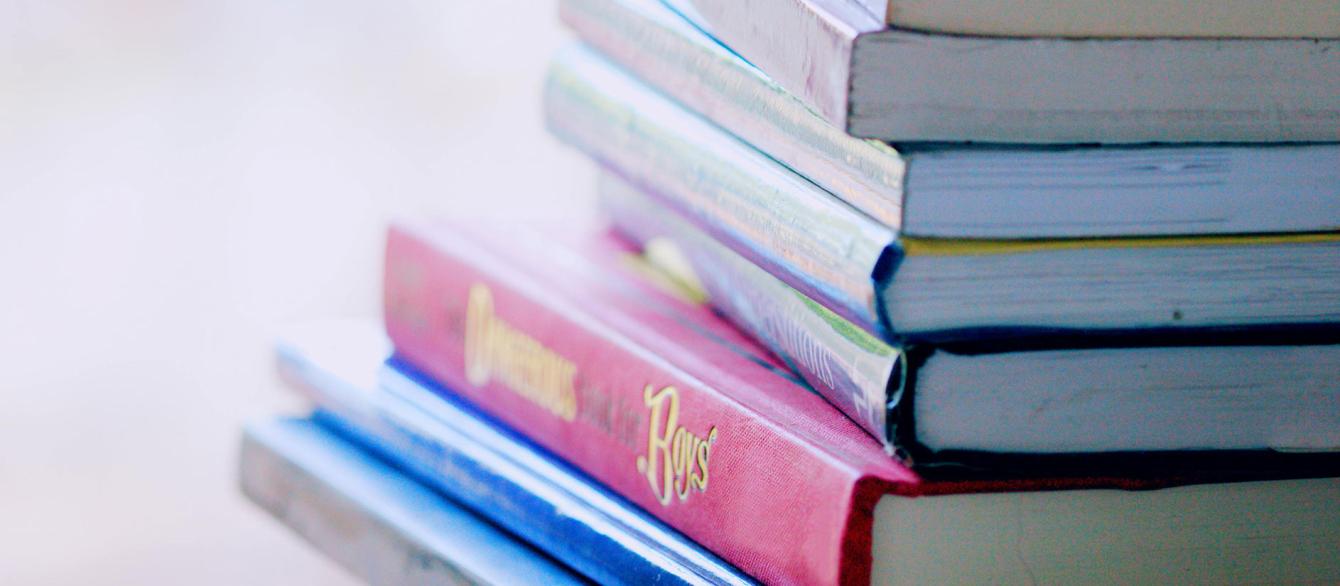Over the past two decades, the concept of "world literature" has been in the spotlight of scholarly attention. This influential discourse, which can be traced back to Goethe's idea of Weltliteratur, was put forth by three groundbreaking studies that came out at the turn of the 21st century: Pascale Casanova's La République mondiale des Lettres (1999), Franco Moretti's pair of essays "Conjectures on World Literature" (2000) and "More Conjectures" (2004), and David Damrosch's "What Is World Literature?" (2003). With the exception of a few notable scholars like Galin Tihanov, Katerina Clark, and Anne Lounsbery, Slavicists either are absent from these discussions or focus solely on the Soviet model, whose best expression is the activity of the Gorky Institute of World Literature. With this conference, we aim to bridge this "communication gap" and bring these conversations into the present.
8:45 | Breakfast
9:00-10:15 | Panel 1: National Literatures, discussant Prof. Stephanie Sandler
• Yuliya Charnyshova, Yale University, Dragomoshenko as World Literature: How Scholarship Neutralizes Ukraine in ATD. The Case of «Расположение в домах и деревьях»
• Polina Zhiltsova, University of St. Petersburg/independent scholar, Between The Eye and the Screen: The Accompanist by Nina Berberova/Claude Miller
• Mariusz Kaliciński, University of Warsaw, Various Aspects of Freedom in 20th- and 21st-Century Belarusian Literature Based on Yakub Kolas’s, Vasil Byka’ŭs and Victor Martinovich’s Works
10:15-11:45 | Panel 2: World-Literary Theory, discussant Prof. Aleksandra Kremer
• Maria Dabija, Harvard University, Slavic Studies: The Elephant Outside the Room
• Sylvie Vidan, University of California Los Angeles, The Poetics of Liminal Seas: Creolization and Balkanization
• Aleksandar Momcilovic, Columbia University, The Interliterary Process: a World-Systems Reading
• Michael Makarovsky, Hebrew University of Jerusalem, Alexander Goldstein’s Parting from Narcissus and Late Soviet Nostalgia for the World
11:45-12:45 | Lunch
12:45-1:45 | Keynote Address by Prof. Anne Lounsbery, New York University
1:45-3:15 | Panel 3: Popular Literature, discussant Prof. Justin Weir
• Melaniia Kalinina, Oxford University, Orthodoxy and the Wizarding World: Iulia Voznesenskaia’s Iulianna and the Reception of Harry Potter in Russian Christian Circles
• Ekaterina Tutatina, McGill University, The Publication and Reception of Chinese Boys' Love Novels in Russia
• Yana Zlochistaya, University of California Berkeley, The Effect of Living Backwards”: Disobedient Soviet Translations of Alice in Wonderland
• Meghan Cooper, New York University, Framing Lear: A Parody of Shakespeare in Ivan Turgenev’s King Lear of the Steppes
3:15-3:45 | Coffee break
3:45-5:15 | Panel 4: Legacies of Romanticism, discussant Prof. Matylda Figlerowicz
• Aleksandra Pchelintseva, University of Southern California, Role of Paratext in (Re)shaping Author and Reader in Antioch Kantemir’s Translation of Conversations on the Plurality of Worlds
• Oleg Larionov, Oxford University, ‘Transmission of Sensibility: Translations and the Formation of Sentimental Meditative Prose in Late 18th-Century Russian Literature
• Veronika Schmitt, Northwestern University, ‘Two Hours in an Empty Tank': Brodsky’s Transnational Reinterpretation of Faust
• Ziyan Lin, University of Illinois Chicago, Mapping Mickiewicz’s Dziady in China: Romantic Ideals, Postcolonial Dialogues, and the Revival of Peripheral Narratives
5:15-6:30 | Panel 5: Institutional Mediations, discussant Dr. Mollie Arbuthnot
• Alice Volfson, Harvard University, Penning a New World: Cross Cultural Exchange in the Asia-Africa Writers Conferences
• Nick Paraschis, European University Institute (Florence, Italy), Strength-giving Motors: The Reception and (re)Production of Soviet Literature Among Greek Communists in War and Exile, 1946-1968
• Maria Glukhova, University of Illinois Urbana-Champaign, The Steppe and the Pen: Dostoevsky’s Legacy in Kazakhstan
6:30 | Closing
Sponsorship
This event is sponsored by the Departments of Slavic Languages & Literatures, the Department of Comparative Literature at Harvard University, and Davis Center for Russian and Eurasian Studies at Harvard University.
Accessibility
The Davis Center for Russian and Eurasian Studies at Harvard University encourages persons with disabilities to participate in its programs and activities. If you anticipate needing any type of accommodation or have questions about the physical access provided, please contact us at 617-495-4037 or daviscenter@fas.harvard.edu in advance of your participation or visit. Requests for Sign Language interpreters and/or CART providers should be made at least two weeks in advance if possible. Please note that the Davis Center will make every effort to secure services but that services are subject to availability.




